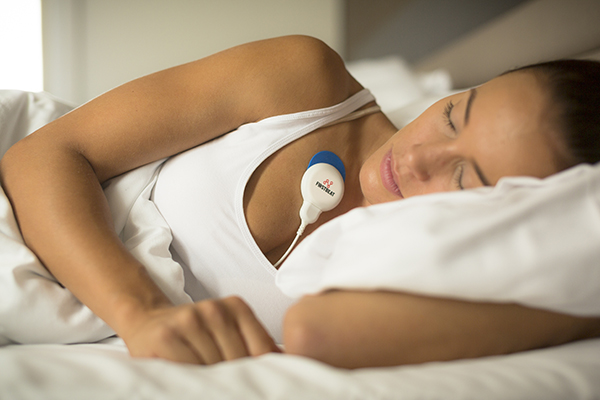Inspiration & Learn
Resilience is About How You Recharge, Not How You Endure!
Many people often take a militaristic, “gritty” approach to resilience. We imagine a Marine toiling through the mud, Rocky Balboa going one more round, or a rugby player picking himself up off the turf with a broken nose for one more scrum. We believe that the longer we can endure hardship and pain, the more resilient we become, and therefore the more successful we will be. In reality, this conception is scientifically flawed as it ignores the role of resilience in performing consistently under pressure.
Overwork and exhaustion are the opposite of resilience
Recovery is amongst the most influential factors in a person’s resilience and wellbeing but can sometimes be neglected. What many people fail to realize is that the more time you spend in your achievement zone (fight or flight), the more time you will need to spend in your recovery zone (rest & digest). You see, based on biology, the key to resilience is to try hard, then stop, recover, and then try again. And with our modern-day ‘Faster is better’ work ethic and approach to life, many of us are so focused on the first and last part of the equation (try hard and try again) we totally ignore the all-important middle part (stop and recover). The outcome: prolonged periods of stress without sufficient recovery will lead to serious overload, exhaustion, or even burnout.
It’s not easy to strike the right balance between activity and rest. That said, many people’s perception of how they are dealing with daily stress, pressures, and demands is, quite often, completely different to the physiological reality.
Here are a few key areas you may want to consider monitoring on a regular basis:
- Stress: What level or amount of stress reactions do you experience during the day? Is that stress counterbalanced with sufficient recovery?
- Recovery: Do you spend at least 25–30% of your time recovering during each 24 hours? Do you recover during the day (e.g. breaks, nap, and relaxation moments)?
- Sleep: Do you have a regular sleep schedule (including weekends)? Do you recover during sleep?
- Natural activity: Do you include adequate amounts of natural activity throughout your day (a gentle walk, walking and/or standing meetings, stairs vs. elevator, …)?
- Physical activity: Do you exercise in a way that promotes recovery or an additional source of stress and fatigue?
Getting to the heart of the matter. What does your day really look like?
We offer a 3-day stress/recovery analysis that provides an accurate measurement of your body’s response to daily activities. This unique Heart Rate Variability (HRV) measurement uses data about your work, leisure, and sleep to create a complete picture of how well you’re managing the stress and recovery in your life.
Contact us or visit our Business or Individual Solutions page entitled ‘Firstbeat – 72-hour Stress/Recovery Analysis’ to learn more.


